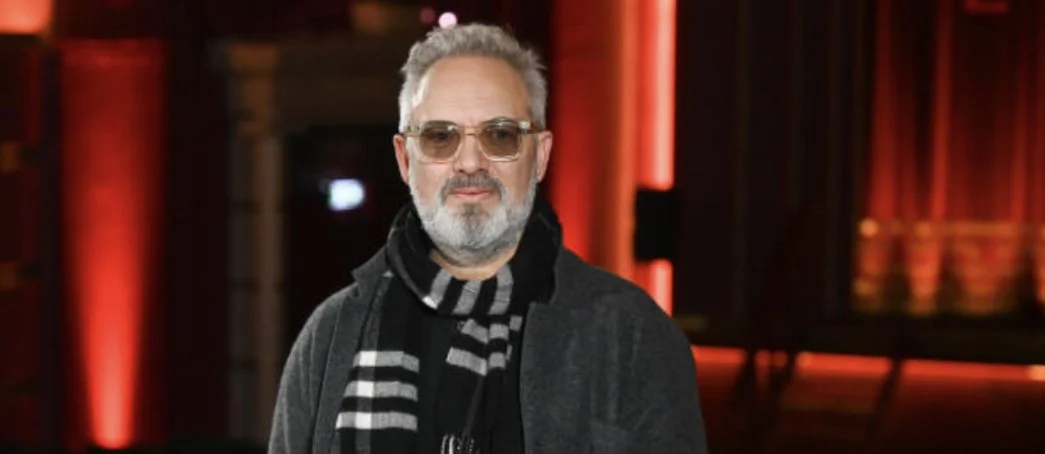It’s no secret that a majority of this season’s “prestige” arthouse titles failed to make a dent at the box-office. I won’t repeat all of the titles that had miserable runs in theaters, but take note that one of them was directed by Sam Mendes.
In an intriguing new interview, Mendes fears for the future of cinema, as he says “no one has gone to see” his latest film, “Empire Of Light.” Did it ever cross his mind that maybe it’s because ‘Empire’ wasn’t any good?
No one has gone to see them! Cinema is clearly in trouble. And the smaller movies? People are feeling, well, we can stay at home and see that on our streaming service in three or four weeks' time, or even straight away, in the case of a Netflix movie, or a movie for Apple.
In a world where Spielberg's movie, and Damien Chazelle's movie, and Alejandro Inarritu's movie, James Gray's movie, this movie... no one has gone to see them... all I can say is: it's clearly in trouble!
Many of those movies were brilliantly reviewed. You know, The Fabelmans is one of the best reviewed movies of the year. It's taken $15 million at the U.S. box office. It's nearly finished its theatrical run. What hope is there for anyone?
I've made a Bond movie; I made 1917 — which is an event movie but non-franchise; and I make a small movie like this. And this movie is ten times harder to publicise. And it's criticised ten times more than a Bond movie, because people are hoping it's going to make a case for the cinema, not just itself, but it has to be a masterpiece to get people out to see it.
This was honestly a rant on the part of Mendes, I haven’t quoted everything in this write-up, but he goes on to talk about COVID and higher ticket prices.
However, one thing many fail to mention is how “Everything Everywhere All At Once” and “The Whale” have turned out to be arthouse hits. Both were produced by A24 and might each get a Best Picture nomination tomorrow morning.
When it comes to the box-office failure of critically-acclaimed films such as ‘Fabelmans,’ ‘TÁR’ and ‘Banshees’, a part of it has to do with mainstream audiences just not being that interested in the stories being told. For example, save for cinephiles, who exactly wanted to watch Steven Spielberg tell his life story.





